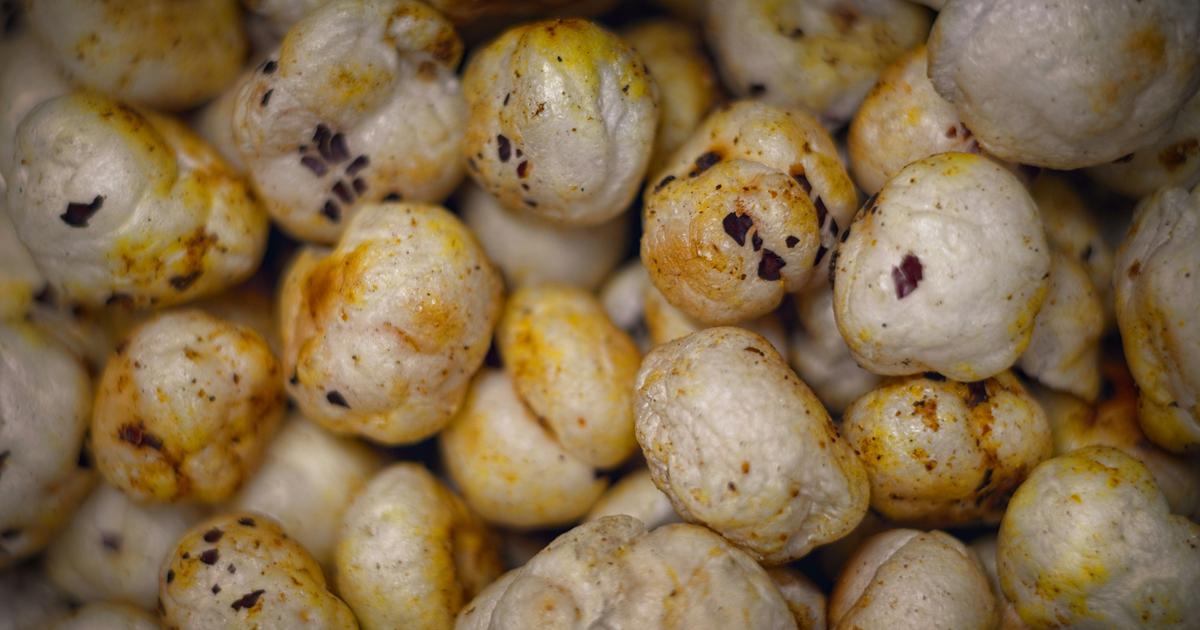The challenges of makhana’s rapidly rising appeal in india

Join our WhatsApp Community to receive travel deals, free stays, and special offers!
- Join Now -
Join our WhatsApp Community to receive travel deals, free stays, and special offers!
- Join Now -

Makhana, also known as fox nut or lotus seed, has been around as a snack for a long time in India. However, in recent times, makhana, often promoted as a superfood high in protein, has seen a significant surge in popularity.
Makhana are the edible seeds of the Euryale ferox plant, a type of water lily that grows in stagnant ponds and wetlands. While it is primarily cultivated in Bihar, it is also found in parts of East Asia.
Farmers in Bihar’s districts such as Darbhanga, Mithila and Madhubani have cultivated fox nuts in waterlogged fields and shallow ponds. Once harvested, the seeds are dried and roasted.
Temple offering to global market
In India, this superfood has had cultural significance through the decades. It was offered in temples and also used in fasting rituals. “Makhana has also served as a gift in Mithilanchal (region of Mithila) weddings, symbolising purity and prosperity,” says Ramanish Thakur, from TirhutWala, a Bihar-based manufacturer of makhana.
In 2023, the global fox nuts market stood at $44.4 million and by 2030, it is projected to reach $97.5 billion, with India, the largest producer, contributing a significant share, accounting for over 81% of the global revenue.
Earlier this February, at a rally in Bihar, Indian Prime Minister Narendra Modi had also publicly...
Read more
What's Your Reaction?
 Like
0
Like
0
 Dislike
0
Dislike
0
 Love
0
Love
0
 Funny
0
Funny
0
 Angry
0
Angry
0
 Sad
0
Sad
0
 Wow
0
Wow
0























































